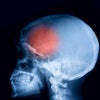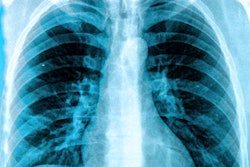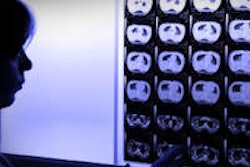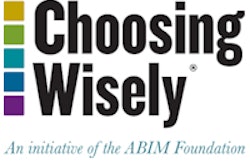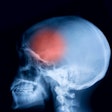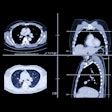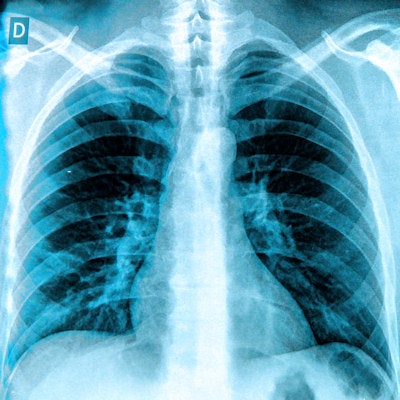
Nearly half of children presenting at U.S. emergency departments from 2007 to 2015 with acute bronchiolitis received radiography, despite the publication in 2013 of Choosing Wisely guidelines recommending against the imaging exam, according to a research letter published October 16 in the Journal of the American Medical Association.
The rate of children receiving radiography didn't change on a statistically significant basis over the study period, concluded the group led by Brett Burstein, PhD, of Montreal Children's Hospital. The study highlights the difficulty of changing physician behavior toward medical procedures of questionable appropriateness (JAMA, October 16, 2018, Vol. 320:15, pp. 1598-1600).
Burstein and colleagues wanted to investigate how the Choosing Wisely recommendations issued in 2013 may have affected the use of radiography for bronchiolitis. Clinical practice guidelines have recommended against routine x-ray for this clinical application, with the authors noting that overuse of the exam can lead to unnecessary radiation exposure and higher healthcare costs.
The group analyzed 612 visits to U.S. emergency departments for acute bronchiolitis among children younger than 18, drawn from a database of nearly 60,000 pediatric emergency visits in the National Hospital Ambulatory Medical Care Survey. There were about 53 to 75 pediatric visits a year for bronchiolitis, and the median age of the study population was 8 months, the authors noted.
Over the study period, 46.1% of kids received radiography, with no statistically significant year-to-year change in the rate of children who received the exam (p = 0.87).
Burstein and colleagues also looked only at patients who were discharged from the emergency department. They found a radiography rate of 46.2%, compared with 44.8% for admitted kids, a difference that was not statistically significant (p = 0.83).
If the results are extrapolated to the rest of the U.S., there were 2.92 million pediatric visits to emergency departments for bronchiolitis over the nine-year study period, with nearly half of these resulting in radiography exams, according to the researchers.
"These results suggest that nationwide quality initiatives are still needed to translate bronchiolitis guidelines into practice," the group concluded.
The findings also parallel other recent studies that have found little change in physician use of imaging following Choosing Wisely guidelines, such as the use of chest x-ray for patients on mechanical ventilation. One study postulated that the Choosing Wisely format of simply publishing guidelines without any carrot or stick to change physician behavior just wasn't powerful enough.

